Advanced personalization is no longer a nice-to-have. A new Deloitte analysis, commissioned by Meta, finds that brands with mature personalization programs convert online visitors 16 percent more often than peers that still rely on basic rule-based targeting.
Executive Snapshot: advanced personalization conversion impact
- Brands operating at High or Champion maturity convert 16 percent more visitors than those with basic rule-based targeting.
- 80 percent of U.S. consumers say the likelihood of purchase rises when a brand personalizes their experience.
- Shoppers who receive tailored interactions report spending 50 percent more with those brands.
- In the European Union, Meta’s personalization technologies were attributed to €213 billion in economic activity and 1.4 million jobs in 2022.
Implication: Personalization now delivers conversion lifts comparable to a mid-tier price cut or free-shipping offer - without eroding margin.
Method and source notes
Deloitte’s 2023 mixed-method study for Meta combined:
- Quantitative data - a U.S. consumer survey (sample size not published) and Meta advertiser performance data segmented by personalization maturity.
- Qualitative interviews with marketing leaders to define a four-level capability model: Low, Medium, High, and Champion.
- Geographical coverage - United States for consumer attitudes; European Union for economic impact estimates.
Key caveats: sample sizes, statistical controls, and vertical breakouts were not disclosed. The 16 percent uplift is correlational, not the result of a randomized test.
Findings on personalization maturity and performance
Maturity distribution
- 39 percent of surveyed brands sit at Low or Medium maturity, still working with siloed data and channel-specific rules.
- 24 percent have reached Champion maturity, marked by real-time decisioning, AI-generated creative, and clean-room data environments.
Performance deltas
- Moving from Medium to High maturity correlates with a 10 percent lift in conversions; advancing to Champion brings the total uplift to 16 percent.
- Customer-based strategies that use individual profiles and behavioral signals outperform cohort or aggregated approaches on both conversion rate and average order value; precise deltas were not published.
- Champion brands report greater ROI resilience after privacy-related signal loss, seeing less than a 5 percent decline in paid-media efficiency versus 12-18 percent at Low maturity.
Consumer expectations
- 80 percent expect at least some tailoring, and 43 percent will abandon a site if content feels irrelevant.
- 71 percent are willing to share first-party data in exchange for better recommendations, up from 65 percent in Deloitte’s 2021 benchmark.
Interpretation and implications for marketing strategy
- Investing in data unification and real-time orchestration can yield conversion lifts comparable to a double-digit media-spend increase without raising acquisition costs.
- Individual-level tactics outperform aggregated methods but require robust consent management and identity resolution.
- Brands below High maturity risk compounded inefficiencies as third-party cookies disappear; cohort methods may cushion but will not close the gap.
- Large economic impact figures suggest regulators will keep scrutinizing personalization - governance frameworks should be embedded early to avoid future re-engineering.
Contradictions and gaps
- The uplift figures are correlational; peer-reviewed A/B studies are still needed.
- Sample size, vertical mix, and methodological detail for the 16 percent figure remain unpublished, limiting external validation.
- The report does not isolate the role of creative quality versus algorithmic targeting, leaving a key optimization lever unquantified.
Sources
The study - Deloitte, “Personalization Maturity and Business Outcomes,” commissioned by Meta, 2023 (public summary).
Deloitte, “The Economic Impact of Meta’s Personalized Ads in the EU,” December 2022.
Deloitte Digital, “2021 Global Marketing Trends: Find Your Focus,” January 2021.

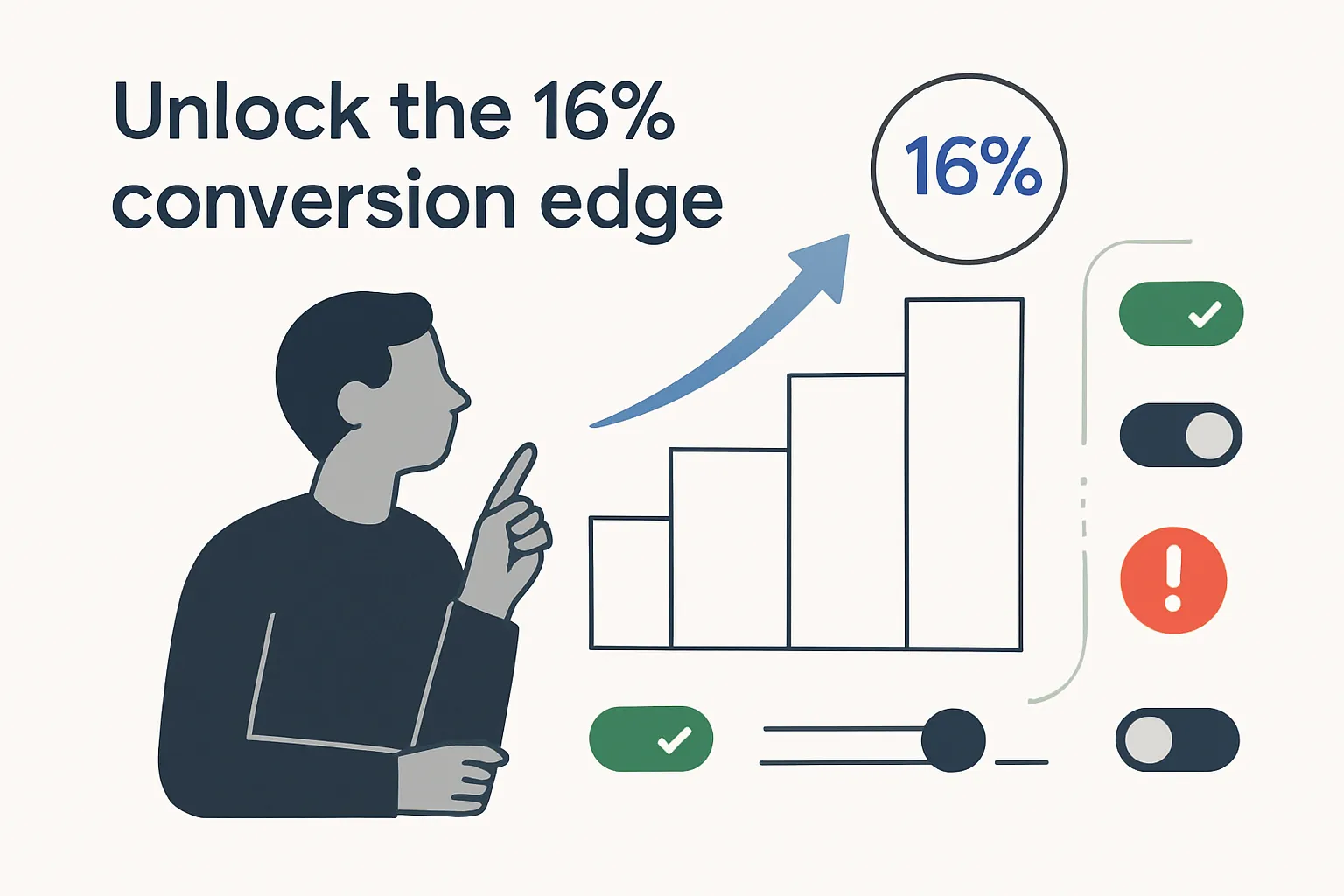

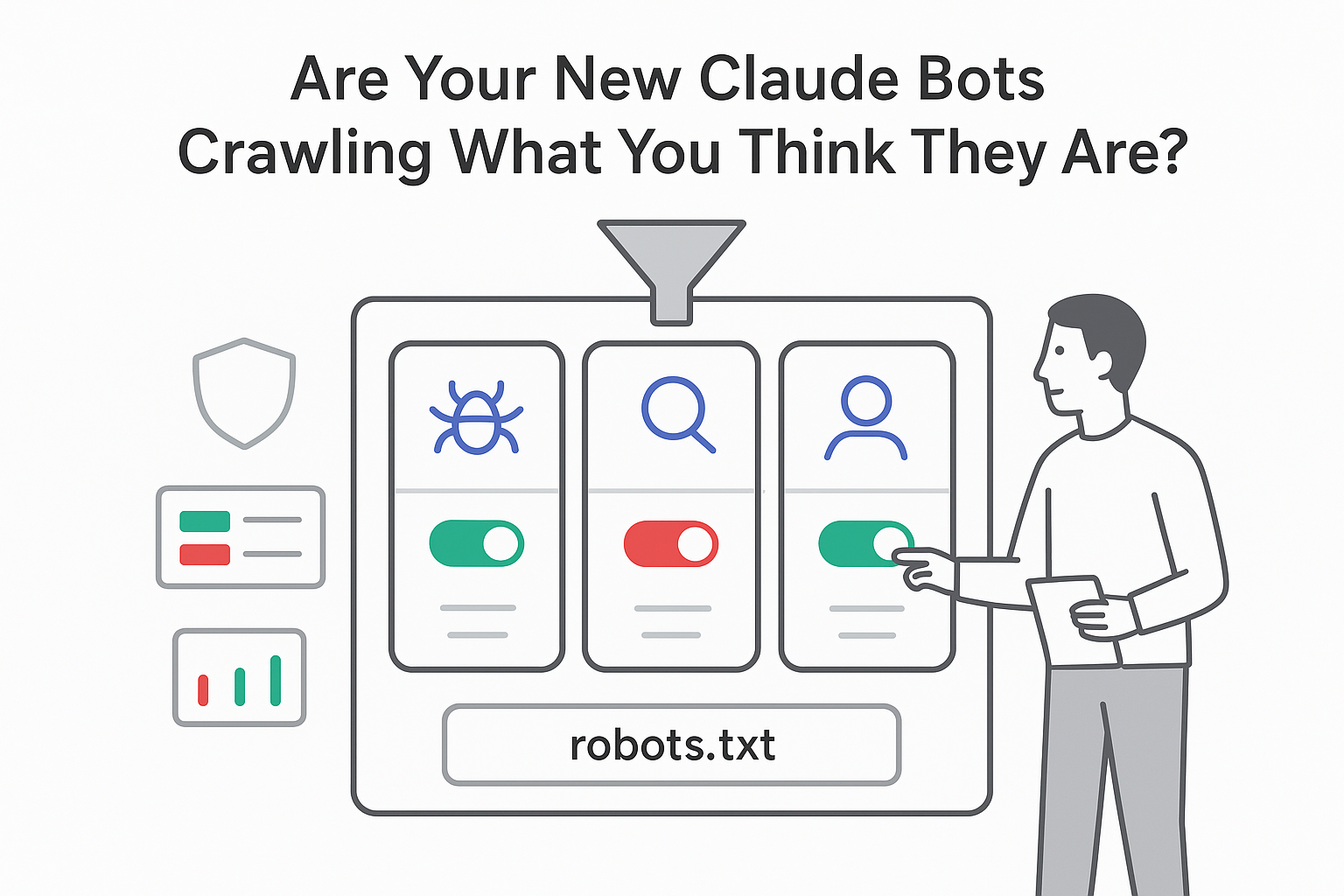
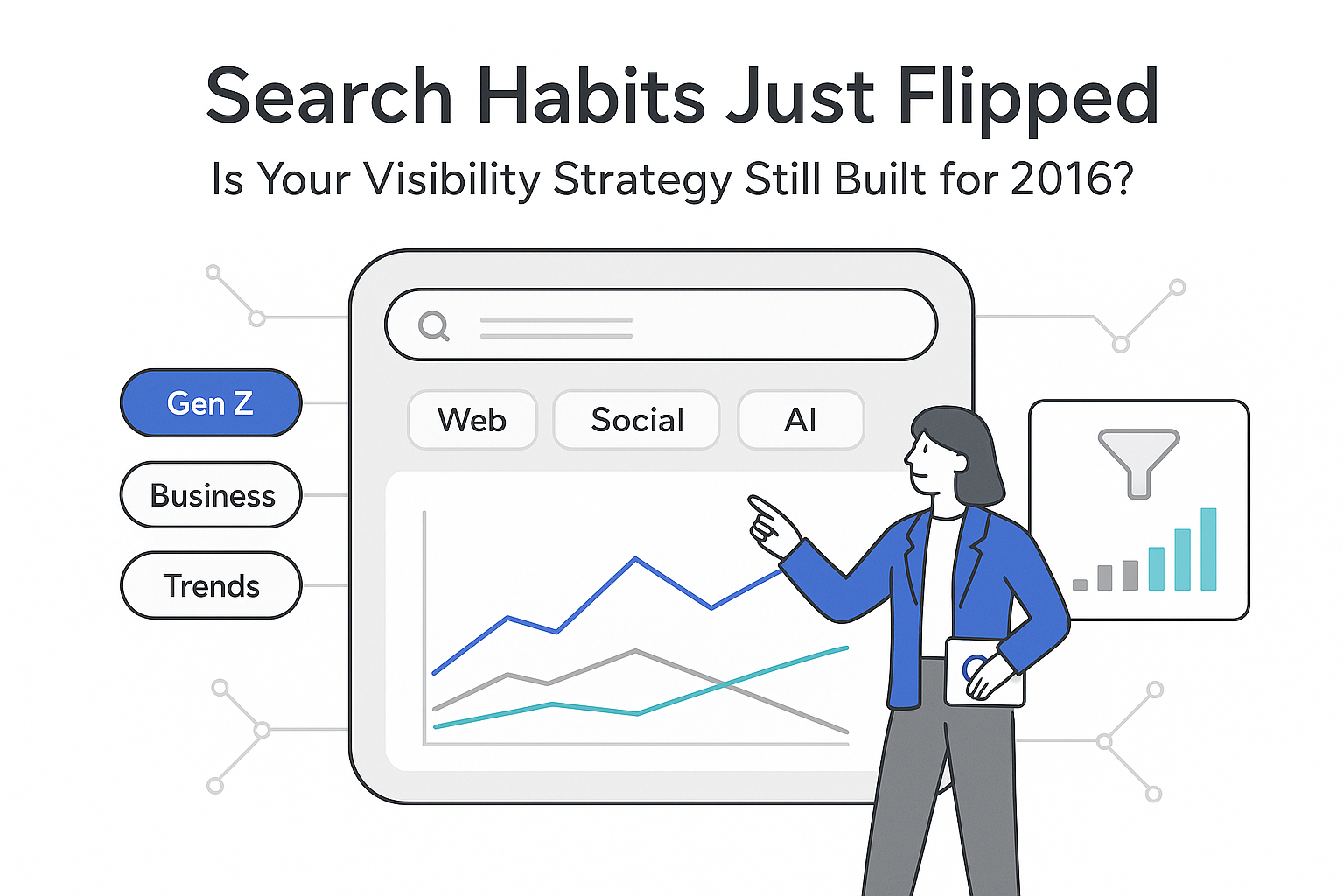
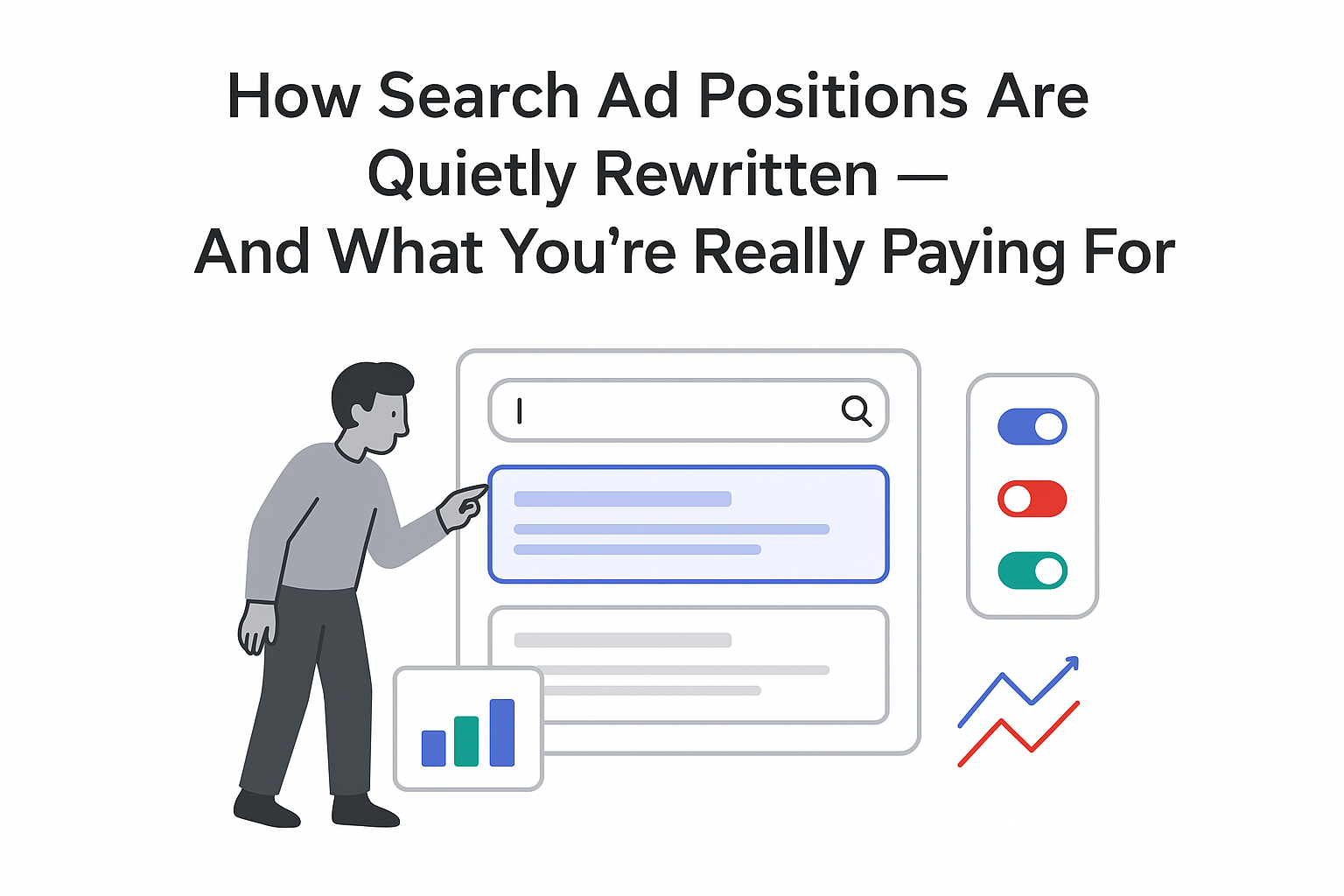
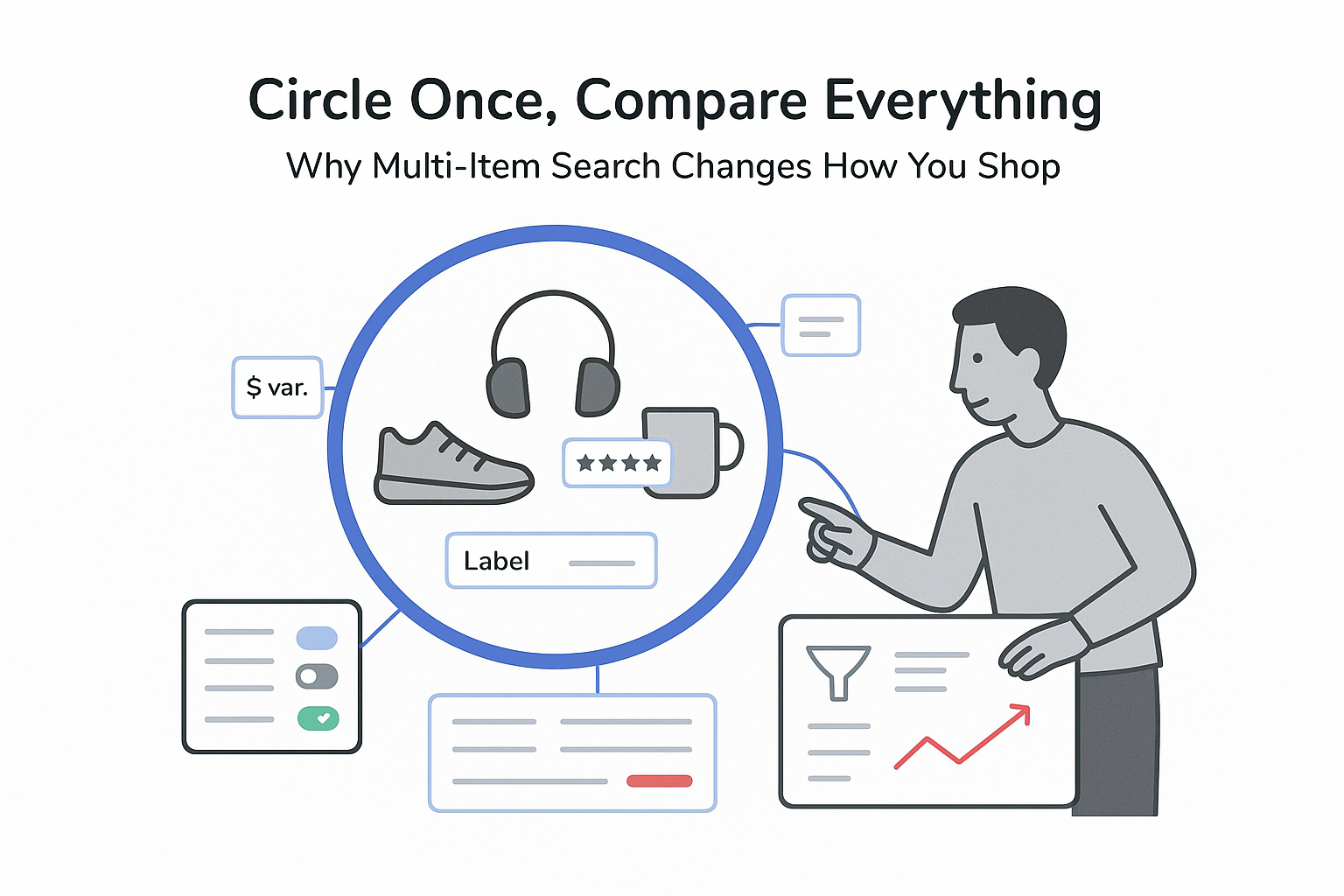
.svg)